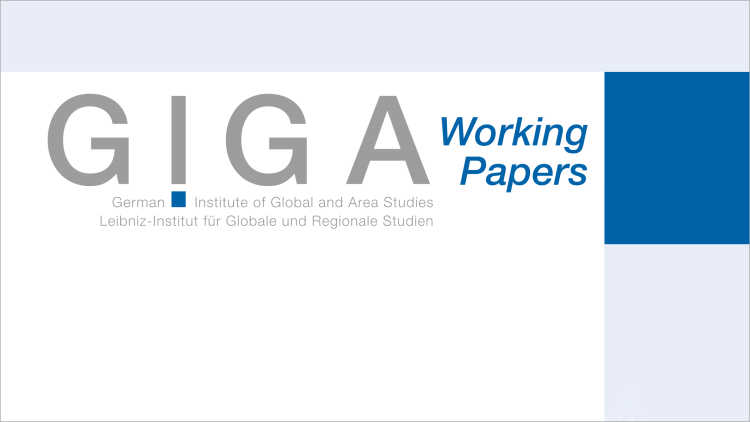- Home
- Publications
- GIGA Focus
- Microcredit and Business-Training Programs: Effective Strategies for Micro- and Small Enterprise Growth?
GIGA Focus International Edition English
Microcredit and Business-Training Programs: Effective Strategies for Micro- and Small Enterprise Growth?
Number 3 | 2014 | ISSN: 2196-3940
The World Bank’s most recent Global Financial Development Report (World Bank 2013) has once again stressed lack of both financial capital and business-related knowledge as key impediments to firm growth in developing countries. Yet, the most popular instruments to relax these constraints are largely unsuccessful in spurring firm growth.
Analysis Most people in developing countries are employed in micro- and small enterprises. Therefore, promoting these firms by providing access to financial capital and basic managerial skills through microcredit and business-training programs has been considered a matter of common sense among experts. However, recent empirical results unambiguously show that these programs are no panacea for poor enterprise development and growth.
Many firms have limited access to financial capital, and many owners lack basic managerial skills. These deficits have been frequently assumed to be major impediments to firm growth in developing countries.
Microcredit and business-training programs are the most widely used strategies to promote enterprise development. Findings from recent empirical impact evaluation studies suggest that these programs are insufficient to trigger firm growth or job creation.
The empirical studies have some limitations, and it remains largely unclear what types of entrepreneurs these programs work best for and why these programs seem to have largely failed to improve business performance.
Amendments in key design features of these programs and the development of screening tools to identify and target high-potential entrepreneurs might help improve their effectiveness.
Yet, the results show that microcredit and business-training courses are no panacea for stagnant enterprise development everywhere and call for a stronger emphasis on a holistic strategy mix that takes into account context-specific interrelations among different binding constraints.
Footnotes
Regional Institutes
Research Programmes
How to cite this article
Prediger, Sebastian, and Gundula Gut (2014), Microcredit and Business-Training Programs: Effective Strategies for Micro- and Small Enterprise Growth?, GIGA Focus International Edition English, 3, Hamburg: German Institute for Global and Area Studies (GIGA), http://nbn-resolving.de/urn:nbn:de:0168-ssoar-389503
Imprint
The GIGA Focus is an Open Access publication and can be read on the Internet and downloaded free of charge at www.giga-hamburg.de/en/publications/giga-focus. According to the conditions of the Creative-Commons license Attribution-No Derivative Works 3.0, this publication may be freely duplicated, circulated, and made accessible to the public. The particular conditions include the correct indication of the initial publication as GIGA Focus and no changes in or abbreviation of texts.
The German Institute for Global and Area Studies (GIGA) – Leibniz-Institut für Globale und Regionale Studien in Hamburg publishes the Focus series on Africa, Asia, Latin America, the Middle East and global issues. The GIGA Focus is edited and published by the GIGA. The views and opinions expressed are solely those of the authors and do not necessarily reflect those of the institute. Authors alone are responsible for the content of their articles. GIGA and the authors cannot be held liable for any errors and omissions, or for any consequences arising from the use of the information provided.




